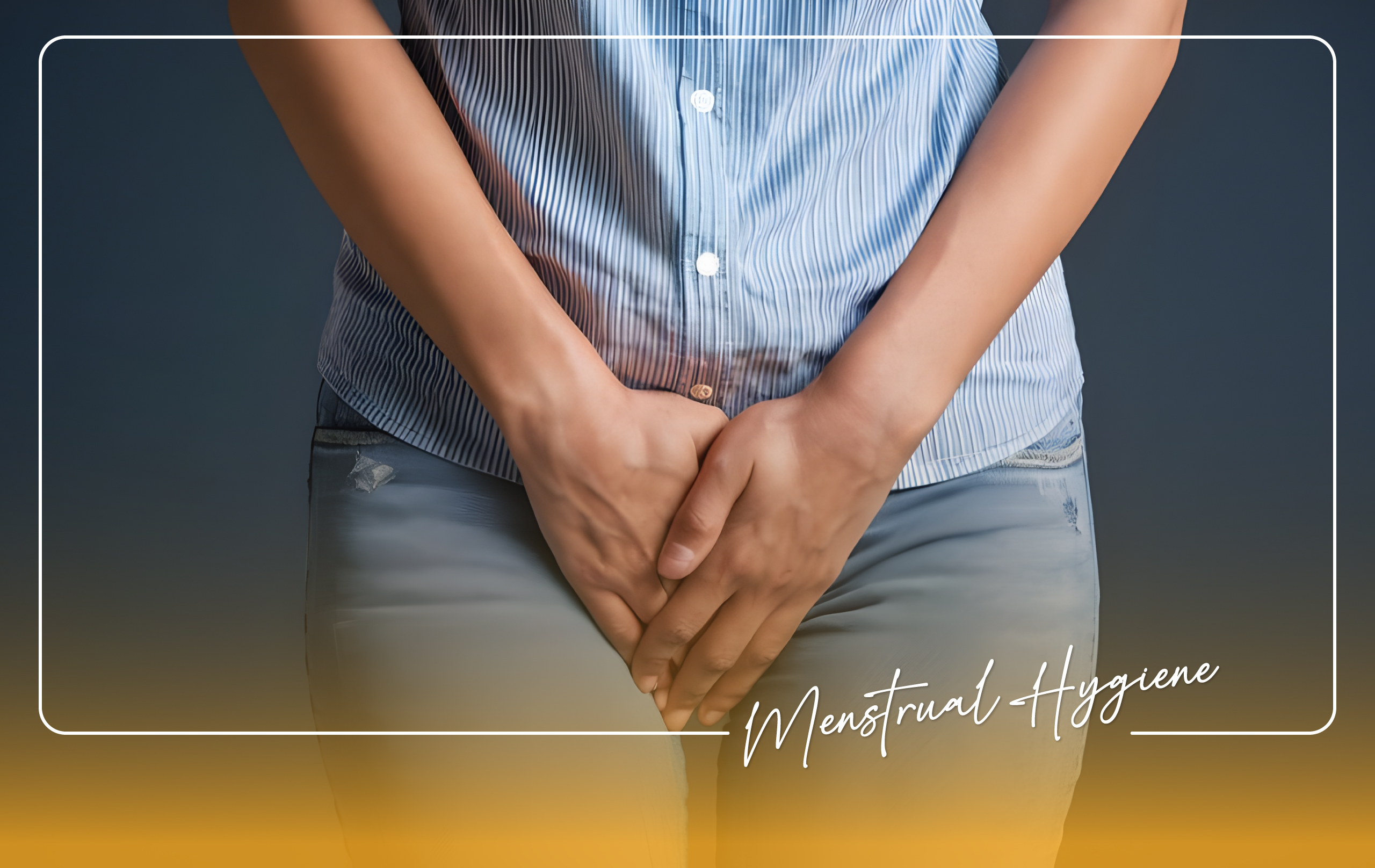
Surely, menstruation or period is a natural process. But it was buried along with many myths. Prolonged past, and poor awareness-or just no awareness about periods leads to poor menstrual hygiene. When we take timely care of our body, we keep it boosted, and thus stay inspired.
Understanding Menstrual Hygiene
Hygiene alone is insufficient. Remember that you also need to take extra care during your period. It also encompasses keeping the vaginal areas clean and dry during the menstrual period. Menstruation hygiene involves frequent changes of pads and washing using clean water and proper discards of used objects.
Just think what happens if you forget to change pads often and create problems in your body and well-being. Unhygienic and unfit materials may cause skin rashes, irritability, and bacterial infections.
Effects of Poor Menstrual Hygiene on Health
Poor menstrual hygiene can cause several health problems. The most common are those affecting a woman's health and may be infectious--urinary tract infection (UTI) and reproductive tract infection (RTI). These might arise in women through the use of unclean materials or infrequently changing sanitary products.
Many of these infections can lead to major unfortunate effects: infertility, in worst-case scenarios, maybe the case after an extreme situation takes place without timely medical intervention.
Another health risk is the possibility of toxic shock syndrome (TSS), which is rare but life-threatening when a woman uses the tampon for a longer period. Toxins produced by certain bacteria get into the blood and cause TSS. This minor issue can be avoided by using an appropriate absorbency level and changing the tampon frequently.
These days, unsanitary items are the cause of discomfort, allergies, and skin irritation from female hygiene materials during periods of menstruation. Women with rags or old clothes lack soap and clean water, so the risk for them becomes very high.
One of the easiest and most preventive measures is good menstrual hygiene to keep away from health threats. The practical usage of hygienically proven and clean products and mastering some basic hygiene will create a platform in which women can keep themselves healthy while avoiding unnecessary issues with medical treatment. As your mother says, "Be clean"
The Link Between Menstrual Hygiene and Women's Dignity
This has been observed where many women would just lock up within themselves and be embarrassed because of all these baseless myths about periods. Mostly, they shun their activities just because traditions such as "prohibiting entry of menstruating women to temples or kitchens" lead to such feelings within them.
Periods are brief mentions about the natural process, and when you take an interest in menstrual hygiene, pat yourself on the back for being a passionate person. Being conscious of your periods makes you feel empowered, moves you with confidence, wakes you to work, and declares to the world, "I'm excellent at what I do."
The Importance of Sustainable Menstrual Products
On an average basis, 121 million women and girls in India use eight sanitary napkins per month; in total, that equals about 12.3 billion napkins every year. This effect involves both land and water pollution and an economic challenge for women going out to buy new products every month you sound like, "How did my mom do finances?"
Sustainable menstruation products are examples like reusable cloth pads, menstrual cups, nature-friendly sanitary pads, and period underwear. These products reduce waste and save costs in the long run since they can be washed and reused.
It promotes looking after the environment, but it also enhances women's health and finances. It isn't ensured that women will use these products without the proper information on how to use them or take care of them.
What can be done to improve menstrual hygiene?
Many things can be done to improve menstrual hygiene and ensure that all women and girls get the products and the knowledge they need to manage their periods safely and with dignity.
1. Education: Both boys and girls should be educated about menstruation. When these people understand menstruation, they will understand how to cover the whole issue.
2. Access to Products: Menstrual products can be made affordable by attending to low-income areas with assistance from governments, private companies, and NGOs.
3. Better Sanitation: Many women across the globe seriously lack clean, private toilets where they can change menstrual hygiene products and this build-up shows the importance of improved sanitation, mainly in schools and workplaces, towards the promotion of menstrual hygiene.
4. Normalization of discussion: It is very important to create an atmosphere of openness during discussions about periods in which both women and girls do not have an application that feels shame.
Menstrual hygiene becomes not only a personal concern but public health and human rights issues that affect how effectively women can lead their lives in a healthy, productive, and dignified manner.
Ensuring that all women and girls maintain proper menstrual hygiene is a necessary step in attaining gender equality and improving the living standards of women across the globe. By working as one to form the perfect practices in good menstrual hygiene, we can expand the horizon of a healthier, better, and inclusive future for all women.
Comfortableness just breaks the barrier of myths and says yes to it.




